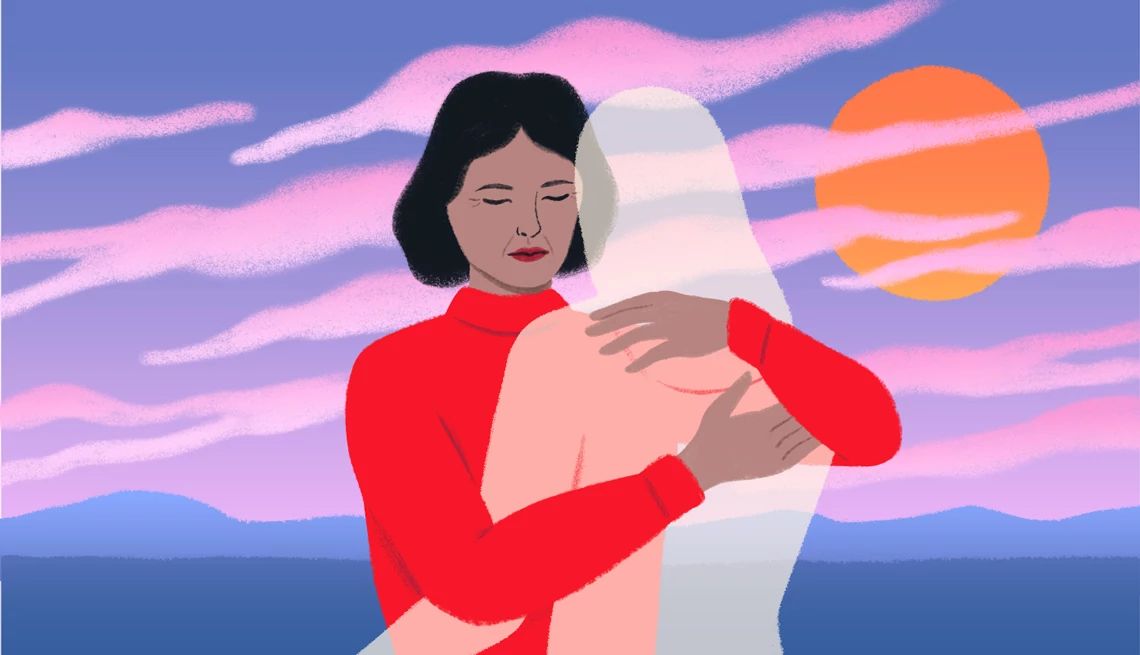AARP Hearing Center


Welcome to Ethels Tell All, where the writers behind The Ethel newsletter share their personal stories related to the joys and challenges of aging. Come back each Wednesday for the latest piece, exclusively on AARP Members Edition.
As an adult, I’ve had only one true friend. I met Kathryn* when I was just out of college and we taught at the same school. It didn’t take long for me to discover that Kathryn was just what I needed as an anxious new teacher.
With a decade of experience under her belt, she was full of wisdom. She taught me that to survive teaching I needed a strong sense of humor. She taught me to laugh at myself and with my students. And she laughed with me. We had a blast between classes, at happy hours, via texts and phone calls. We talked about faith and philosophy. We bonded over our common struggle as single moms living paycheck to paycheck. When I struggled with heartbreak and alcoholism, Kathryn listened. She was a great listener and one of the brightest women I have known. Our friendship was effortless.
Eventually we ended up working at different schools. When life got busy, as it often did, we would lose touch, sometimes for weeks, other times for months or years. And when we found our way back to each other, there was no awkward explanation or apology needed. We picked up right where we left off.
But even the best of friendships are subject to human error, right? In our last few months as friends, everything changed. My intentions were good when I offered to help Kathryn become a freelance writer. I set some boundaries ahead of time: I could give her the tools to get started, but my personal life was insanely busy, so my time was limited. Kathryn was grateful and understanding. “Of course,” she said, “I understand. Whatever help you can give will be great.”
She was a beautiful writer struggling to get by on her salary, and I wanted to show her the way. Moreover, I wanted her to believe in herself and her writing ability. The effortless became arduous, though, and sadly, our friendship didn’t survive.




































































You Might Also Like
What Is White Coat Hypertension?
Read this if your blood pressure goes up during a doctor visit
When You Can’t Help a Kid Make Ends Meet
A parent who can’t provide their laid-off child with financial support can still help in other ways
How Travel Helps Those Dealing With Grief
Group trips, wellness experiences and retreats offer ways to move through mourning